When Technology Becomes My Doctor
Monitoring the care of my toe injury with Apple Fitness and ChatGPT
Thanks again for reading my Substack. Those of you who’ve followed this know that I have been working to reduce my metrics tracking and separately, I’ve been trying to assess the role AI plays in my life. (For now, you’ve been getting me writing these posts and not AI.)
However, these two seemingly separate challenges of my inability to stop measuring progress against goals as well as my relative immaturity with AI came together when I injured my toe. Since then, I’ve been taking the journey with Apple Fitness for tracking and ChatGPT for diagnosis. I’m also managing my own relationship with technology. I’m still processing how I feel about all of this, and I’d love to hear your thoughts, too!
My recent toe injury
In a previous post, I mentioned going on a hike with a neighbor (and good friend! 😜) in Forest Park on Sunday, July 13th. What I didn’t share was my unfortunate tree tripping, toe stubbing incident. The toe hurt a little, but it didn’t seem like a big deal at the time.
Nine days later came the sequel. This time, I went on a hike at Multnomah Falls. I absolutely recommend it to anyone visiting the area. It’s a nice, “moderate” loop around the park with beautiful views.
Unfortunately, on this hike, I had a repeat of my earlier tree tripping, toe stubbing incident which now seemed like a normal course of hiking in nature. So I continued on like I always do and I treated myself to a soft serve at the end, completely unaware of what was brewing under my toenail!
(Marsha missed this adventure after falling sick a couple days before. She missed celebrating a friends’ new marriage, a dinner party with 10 of us, a fun karaoke night, and then our planned reservation at Multnomah Falls the next morning!)
Fast forward to after my hike and my soft serve treat to myself. I was witnessing an increasingly gross and painful toe injury. Marsha and I agreed that I would take it easy until things improved.
My Apple Watch as a witness
I knew I’d been staying off my foot. This morning, Apple Fitness made sure I really knew it.
The next graph reinforced the point. My steps are down.
And my mileage is down:
I know that technology just reports the facts. The tracking serves a useful purpose by holding me accountable. It shows I’m following through on resting my feet!
Still, it’s hard to shake the feeling that something is wrong with declining metrics. I’ve been conditioned so long to view Apple Fitness as motivation to move, not to stay still. Watching those numbers drop feels like failure, even though the objective was to take things easy. Somehow, this psychological programming runs deeper than I’d like to admit.
ChatGPT and diagnosis
I have always been amused by our collective tendency to consult “Dr. Google.” In my case, there’s really no excuse not to use the healthcare system. I have excellent insurance with a 24-hour nurse line, primary care through ZoomCare, and specialists at OHSU. For example, when I had a previous gout flare-up, I got a same-day podiatrist appointment and a cortisone shot that worked like magic.
But, as a technologist, I couldn’t resist trying to “one-up” Dr. Google with ChatGPT. I typed up my symptoms and uploaded a photo. (I’ll spare you the gross close-up!)
ChatGPT’s response was impressive.
It explained that my initial trauma likely caused bleeding under the toenail, and the second hike worsened the pressure. The AI provided detailed self-care instructions, including avoiding tight shoes and to monitor for signs of infection.
Most importantly, it gave me clear red flags for when to see a real doctor: increasing pain, pus, foul smell, spreading redness, or no improvement in 5-7 days.
Like many people, I decided to follow the AI's advice. After all, I could always escalate to real healthcare if things worsened.
For four weeks, I've been providing ChatGPT with weekly photo updates. Each session brought encouragement and detailed analysis. Today's summary was typical:
It even created a visual timeline showing my progress.
I've been genuinely impressed by ChatGPT's capabilities. The analysis feels comprehensive, the advice seems sound, and it's been completely free so far. It looks like I’ve hit my first usage limit this morning.
My internal conflict
Both of these experiences with Apple Fitness and ChatGPT have left me with conflicting feelings.
On one hand, both technologies are doing exactly what they should. Apple Fitness accurately reported my reduced activity and ChatGPT provided accessible, convenient healthcare guidance based on a vast dataset.
On the other hand, something feels "off" to me about both situations.
With Apple Fitness, I rationally know I'm doing the right thing by resting, but emotionally, those declining numbers feel like failure. Years of conditioning have trained me to equate movement with success and stillness with laziness.
With ChatGPT, I feel like I'm somehow "cheating" by using technology to avoid confrontation with a doctor. My conditioning tells me I should rely on real human expertise in the medical profession, even though the AI's advice appears sound and my toe is clearly healing.
The larger questions
These experiences raise bigger questions about my relationship with technology:
How do I reconcile emotional conditioning with rational data interpretation?
What happens when my metrics-driven mindset conflicts with my actual health needs?
When AI diagnosis is accurate and accessible, what role should traditional healthcare play?
Am I losing something important when I bypass human medical expertise, even if the AI technically gets the diagnosis right?
Where to go from here
I don't expect to resolve these tensions immediately. Writing this Substack helps me process these thoughts, but the role technology plays in shaping my attitudes and decisions remains a work in progress.
The questions of whether to trust an AI diagnosis and how to interpret health metrics in context, rather than as pure performance indicators, are ones I'm still grappling with.
Do you share these same internal conflicts? What are your thoughts on AI diagnosis and health tracking? Have you found yourself in similar situations?
I'd love to hear about your experiences.
This is my 101st post on this Substack. I’m nearing my one-year anniversary of doing these (about) twice a week. I’ll do three more posts in this format to wrap up the year. For my second year, I’m going to change things up in four ways:
Change from semi-weekly to weekly format. I understand your inboxes get full!
Add a podcast format (Apple Podcasts, Spotify, YouTube) for more raw thoughts and for more passive absorption. I have heard the feedback that people don’t really read anymore but like scanning emails.
Use AI to produce scannable emails. I’ll use an AI notetaker to create show notes of these podcasts to distribute as an email newsletter. The intention is to make the emails more scannable than the current essay format.
Cover multiple smaller topics, rather than one central topic (like this and this). I found that the experimental posts I did with multiple smaller topics resulted in more engagement during conversations with friends throughout the week.
I’m looking forward to changing things up! Let me know how this goes!
In the meantime, please make sure that retiredpdx+b-sides@substack.com is in your Contacts list so my podcast emails don’t go in your Junk E-Mail folders. The emails for the podcast will be coming from that address. I will follow up with the Apple Podcasts, Spotify, and YouTube URLs once I post my first episode.



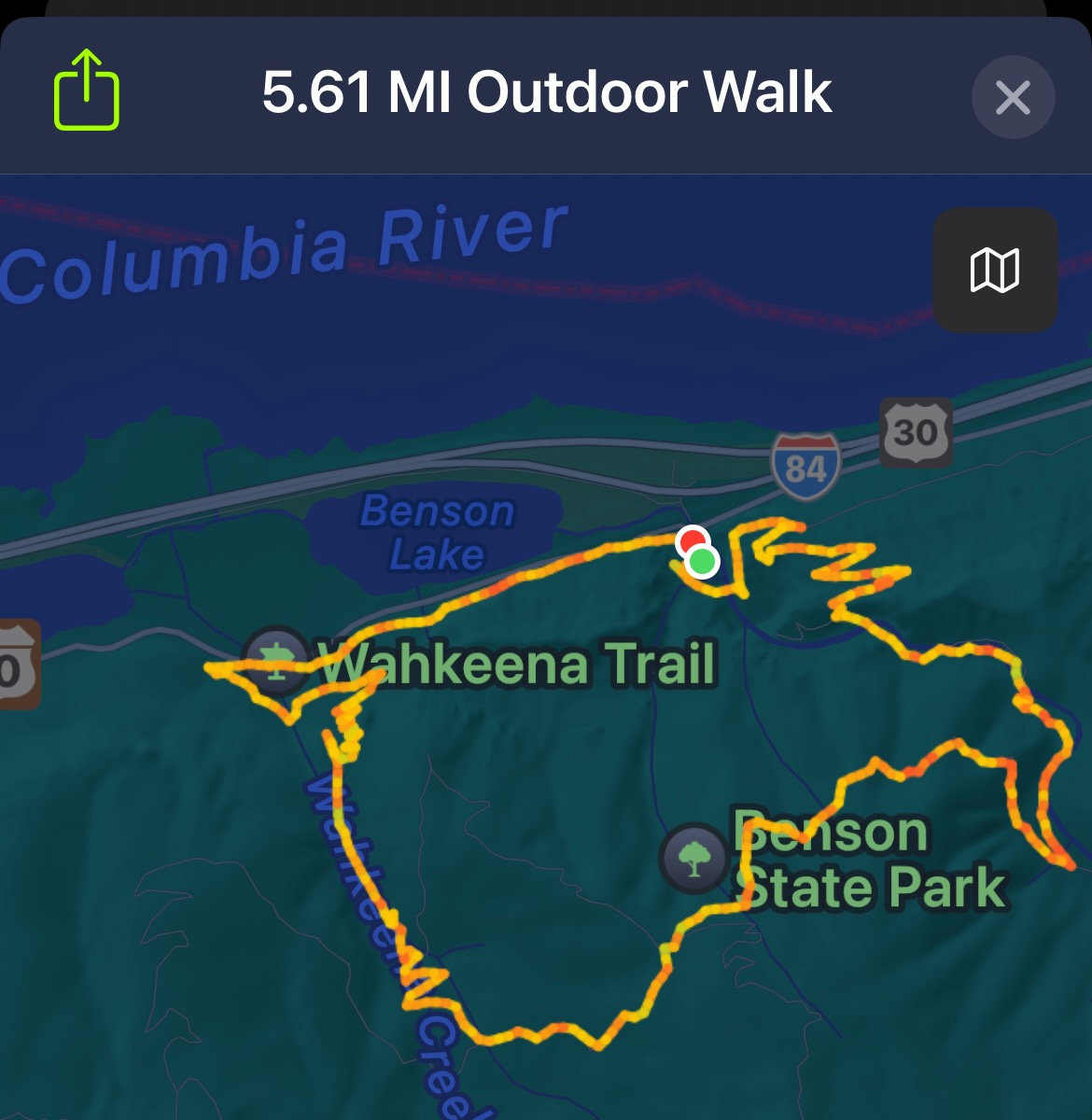
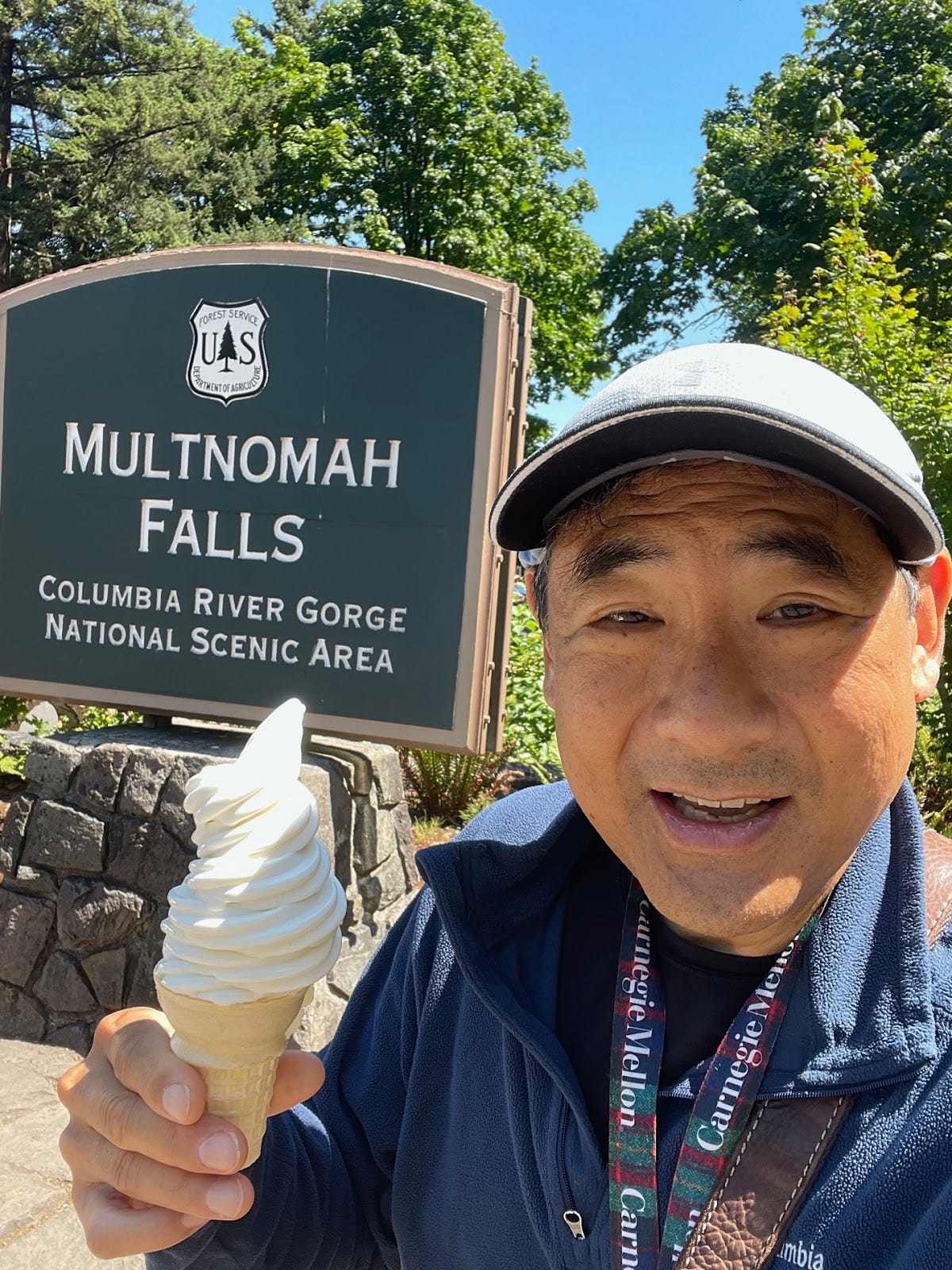
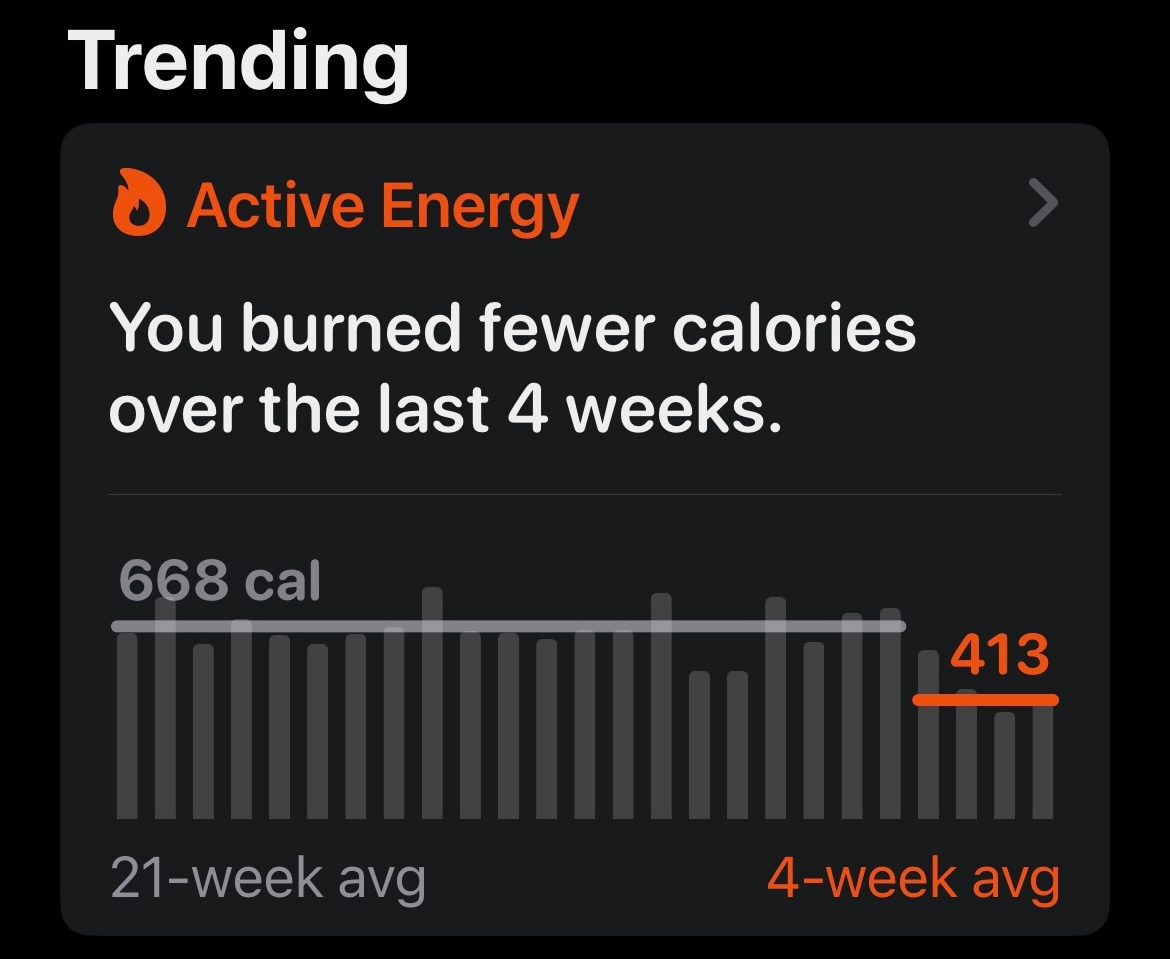
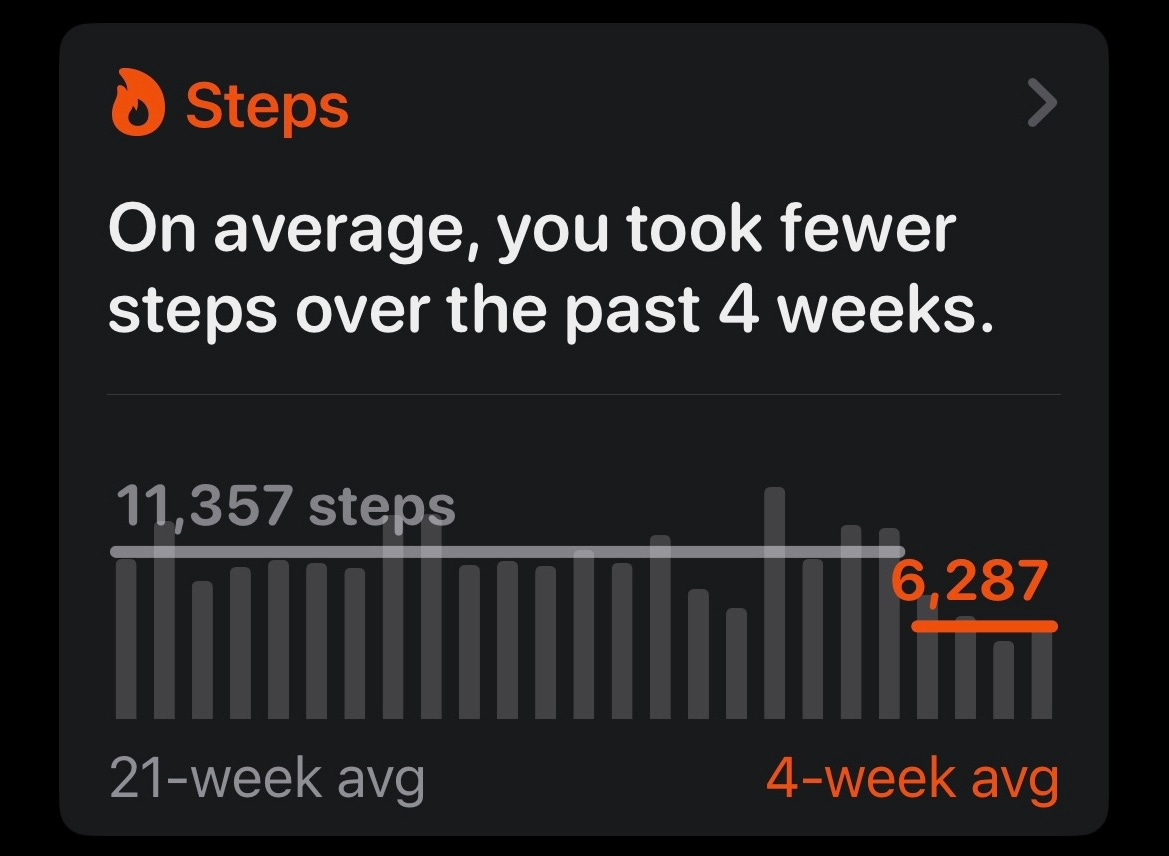
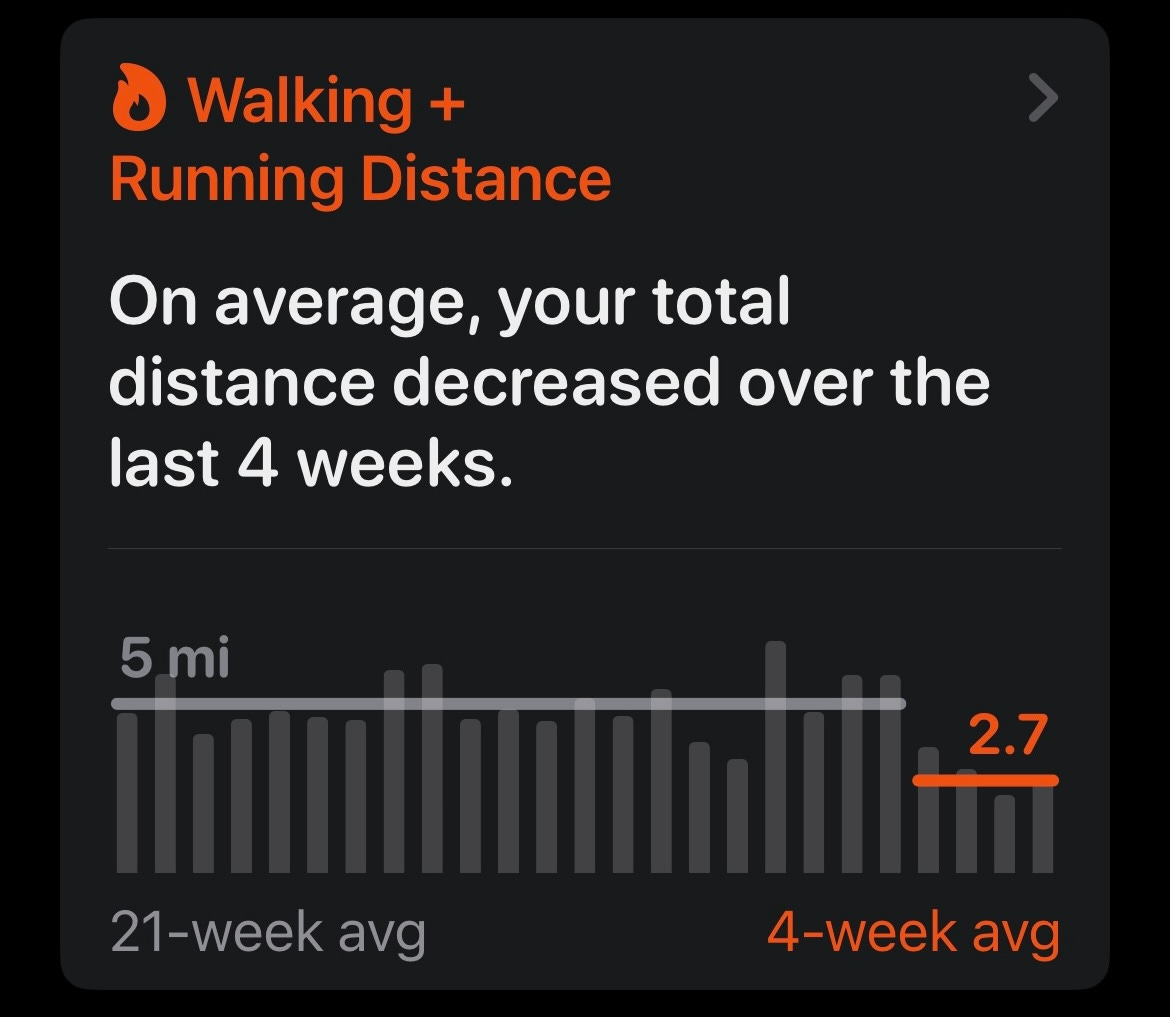
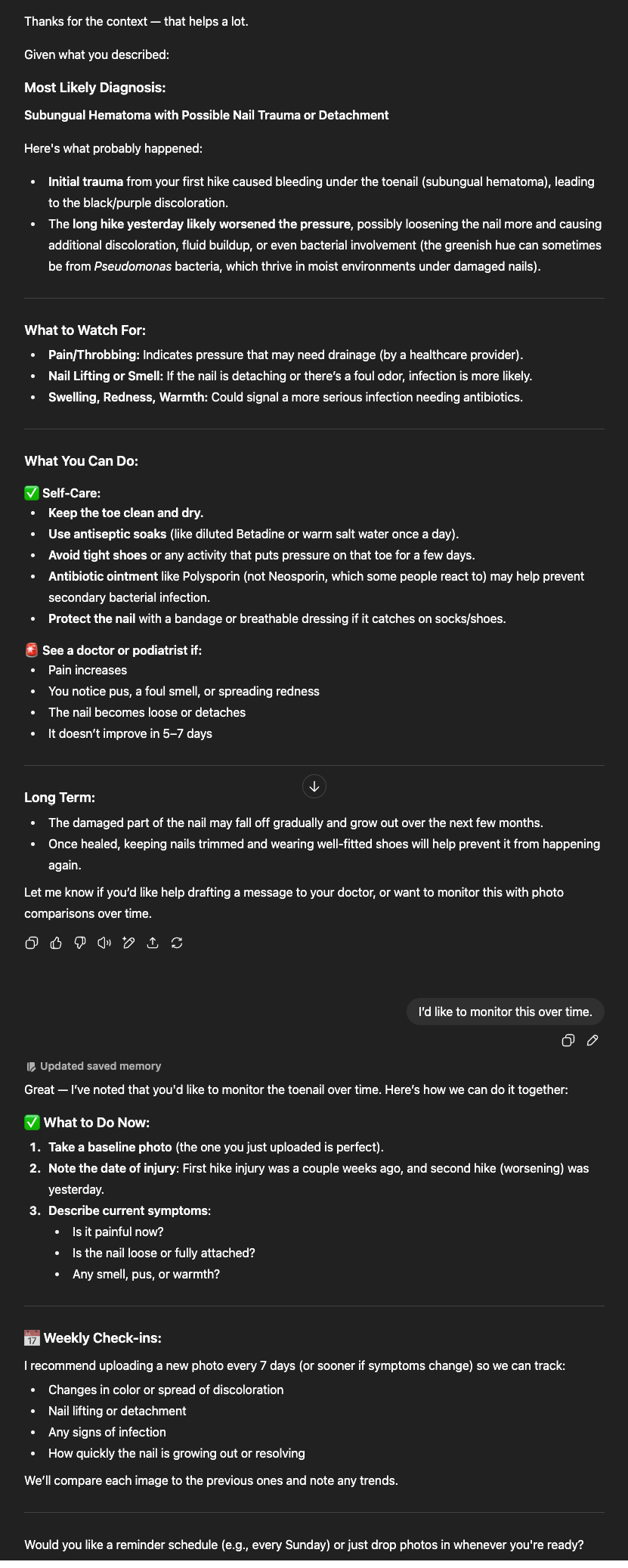
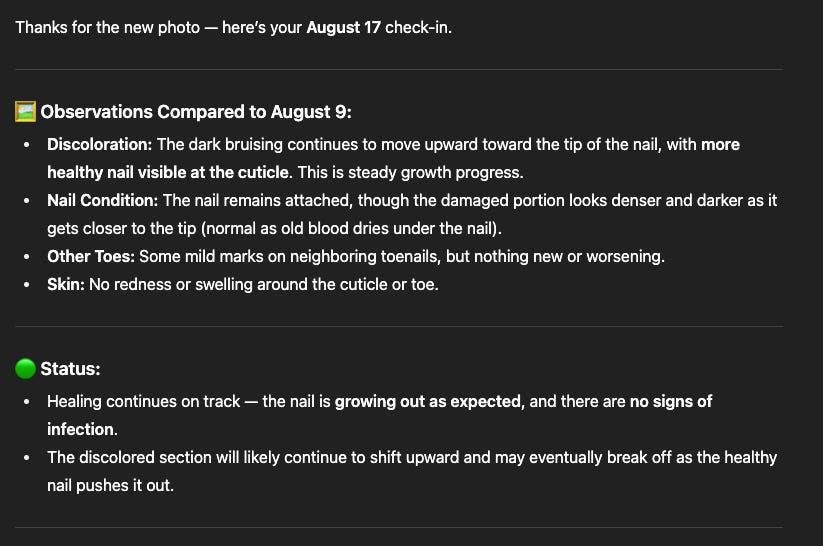
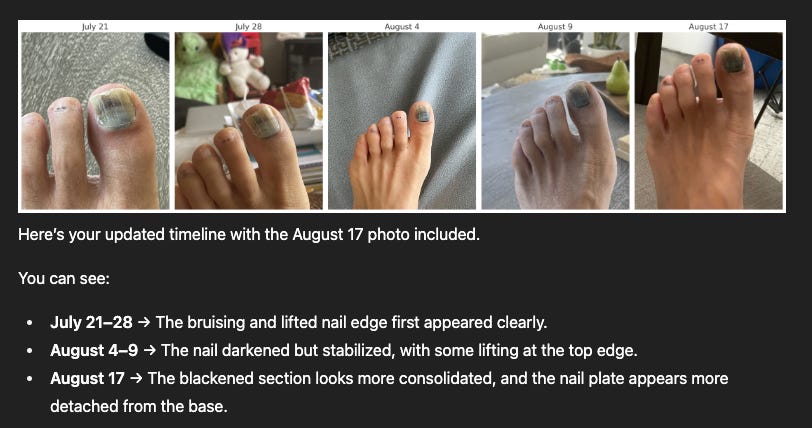
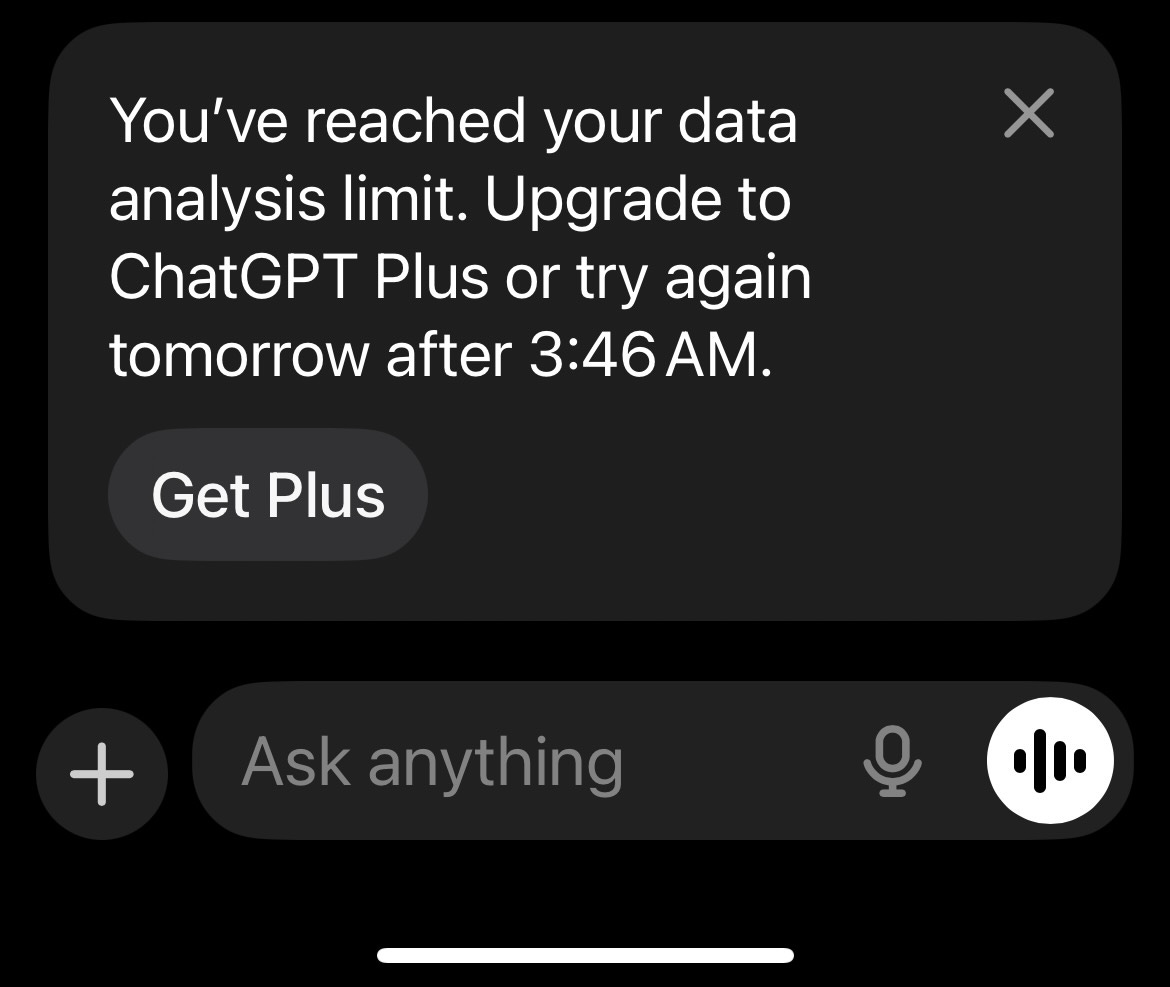
Steve - I would suggest swimming as an alternative low impact cardio exercise regimen. After 40 years of regular running, increasing knee and achilles issues made me cut back running and now I swim 5 days a week. I'm not a skilled swimmer but found by watching others that a lap snorkel (centerline which minimizes dead space) lets me swim freestyle for long distances in the pool. Also, adding waterproof bone conduction headphones with internal memory lets me enjoy music. So swimming really replaced running for me without the orthopedic stressses. Something to think about!